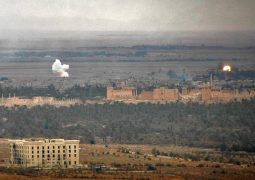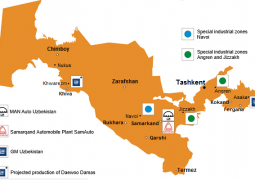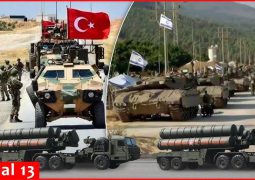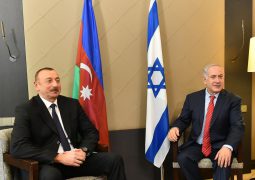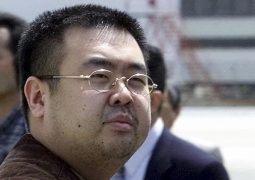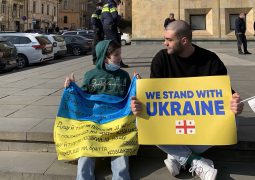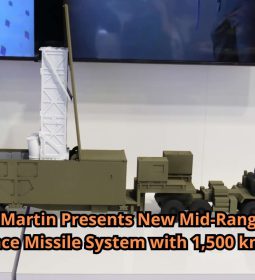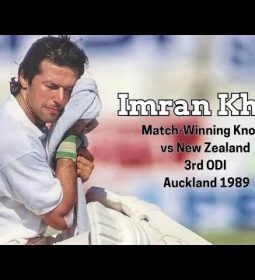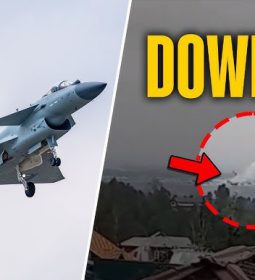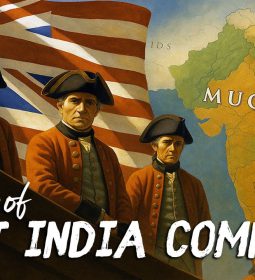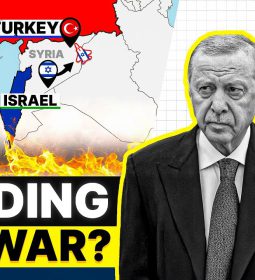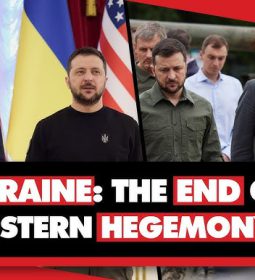Abe, Putin head into day two of summit with little to show on isles row
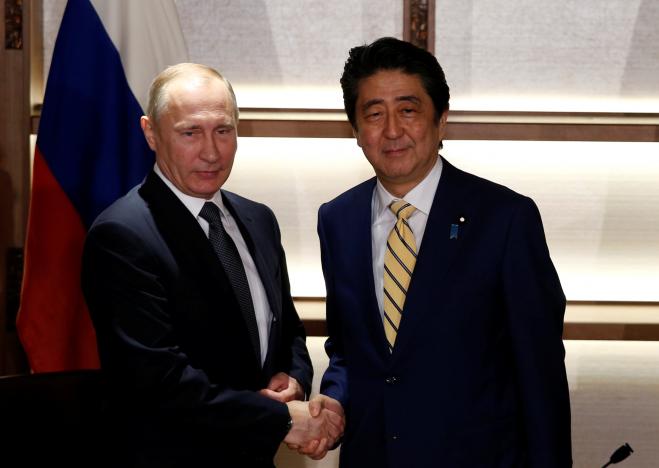
Japanese Prime Minister Shinzo Abe and Russian President Vladimir Putin hold a second day of talks on Friday after Abe made little headway a day earlier in his quest to resolve a territorial row that has festered since World War Two.
Putin looked set to come away with a slew of economic deals and achieve what experts said was a key goal – easing his international isolation when Moscow is under fire over the destruction of eastern Aleppo in Syria, where Russia is backing Syrian President Bashar al-Assad’s forces.
“Abe must be bitterly disappointed,” said James Brown, a professor at Temple University’s Japan campus.
“Putin has given away absolutely nothing and, in return, he has received the offer of enhanced economic cooperation. Just as valuably, he has demonstrated divisions in G-7 (Group of Seven) policy on Russia and has encouraged Japan to distance itself from U.S. policy,” Brown added.
Japan and Russia agreed on day one of the summit, held at a hot spring resort in southwest Japan, to revive security talks and start discussing economic cooperation on the disputed islands, a row over which has kept them from signing a peace treaty formally ending World War Two.
The islands in the Western Pacific, called the Northern Territories in Japan and the Southern Kuriles in Russia, were seized by Soviet forces at the end of World War Two.
Day two of the summit will be held in Tokyo.
Kremlin economic aide Yuri Ushakov said the two sides would issue a statement about possible joint economic activity on the disputed islands on Friday, adding such activity would be based on Russian legislation.
A Japanese spokesman, however, reiterated Japan’s policy that any joint economic activity should not infringe on Tokyo’s legal stance, underscoring a remaining gap.
Abe has hoped the lure of economic cooperation for Russia’s economy, hit by low oil prices and Western sanctions, would pave the path for progress.
Abe has pledged to resolve the territorial dispute, in hopes of leaving a diplomatic legacy and building better ties with Russia to counter a rising China.
Putin, however, does not want to tarnish his domestic image as a staunch defender of Russian sovereignty.
- Previous Abe, Putin to huddle at hot spring over Japan-Russia islands row
- Next Trump’s pick for U.S. ambassador to Israel, attorney David Friedman, expects embassy in Jerusalem



